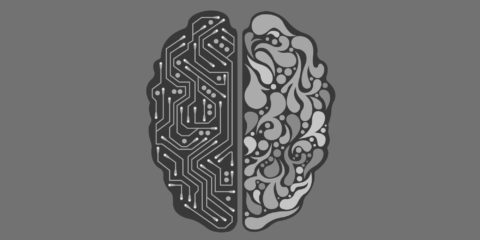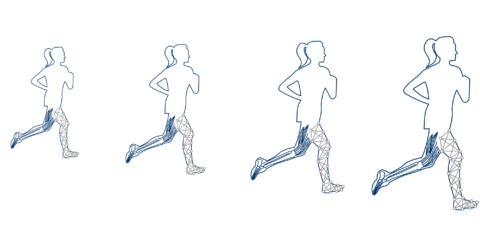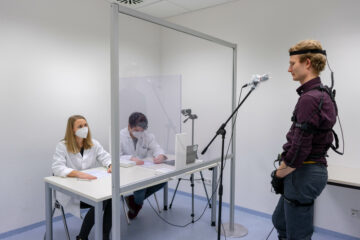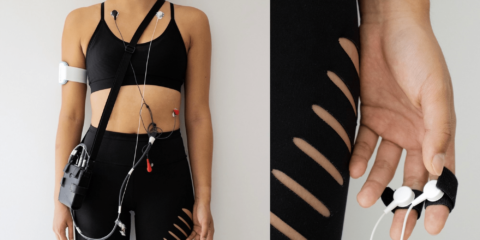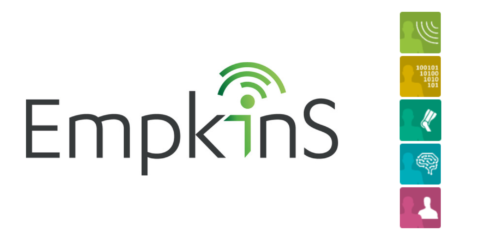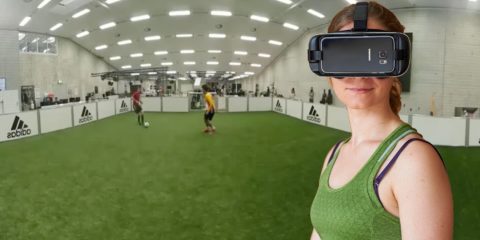Deep Learning
In our lab, we develop and apply state-of-the-art machine learning methods to solve a variety of problems.
Biologically-inspired Deep Learning systems
The goal is to create AI systems that can perform complex tasks, make decisions and exhibit human-like cognitive processes, such as learning, memory and reasoning. This is achieved by designing systems that are able to satisfy biological constraints. The research in this field is interdisciplinary, and relevant for various fields such as computer science, biology, psychology, neuroscience, and others.
Adversarial Machine Learning
Deep learning models have become a common feature in industry as well as everyday life. They are used to make decisions in autonomous driving, healthcare, security, and more. However, it has been shown that these models are vulnerable to small adversarial perturbations to their input, which can completely change their prediction. This limits the deployment of deep learning models in industrial applications. Our research concerns the analysis of these vulnerabilities and approaches for avoiding them.
Deep Learning for Online Handwriting Recognition
Different deep learning models have been developed for OHWR. They are used in daily life applications in mobile phones and different hand help devices. Yet, the developed models rely on specific writing tools and writing surfaces. We develop a system for OHWR using a regular ballpoint-pen equipped with several IMU sensors. Our methods rely on the data transmitted by the sensors, and allow OHWR in real time while writing on regular paper, with no use to a specific writing surface.
Object Detection
For many applications in various fields it is important to analyse images or videos. With the help of machine learning approaches it is possible to localise and classify objects appearing in images. Deep convolutional networks (e.g. YOLO) provide an end-to-end object detection. A very popular and widely-used application of object detection is face detection.
In our lab we use object recognition mainly in the research areas of industry and sports analytics.
Deep learning-based event detection in team sports
In team sports, the coach as well as individual athletes are heavily interested in automated recognition and analysis of on-pitch sport specific activities. In recent years, inertial measurement units in combination with machine learning methods are explored as alternative to camera-based systems. Still, the analysis of complex movement patterns remains challenging. As the amount of available data is increasing rapidly, novel deep learning methods showing promising results in related fields are applied to extend existing methods.

